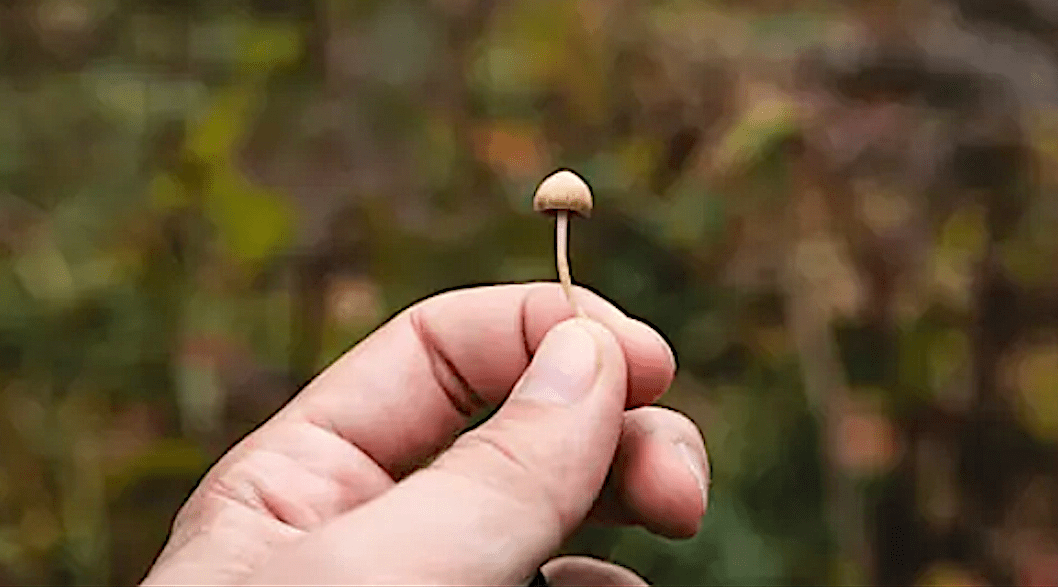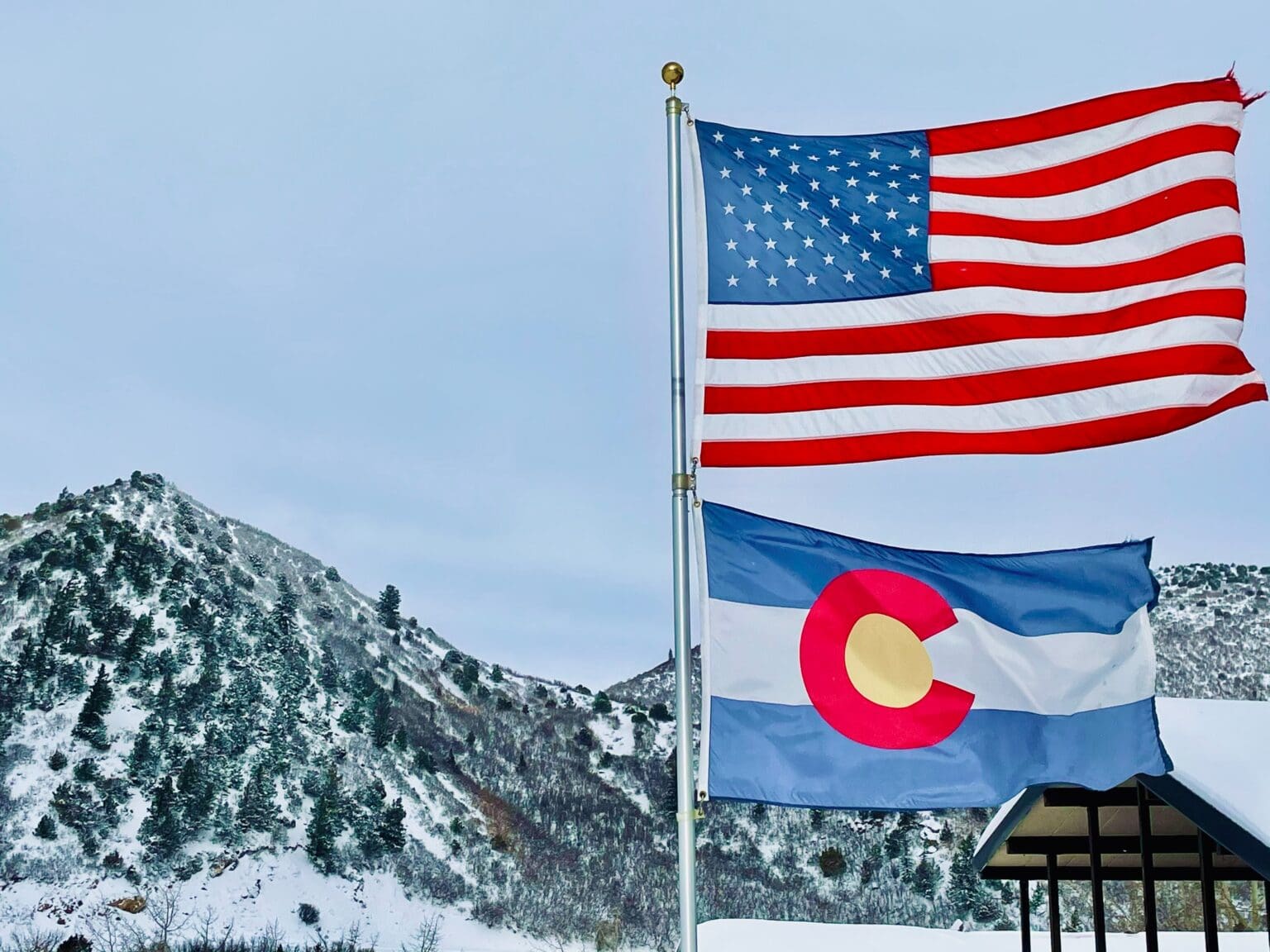
Right To Heal
Potentially, the city’s “Right to Heal” initiative is now collecting signatures. It’s working diligently to meet an October 8th deadline and find its way onto the ballot for next March. According to their website,
“Right to Heal seeks to decriminalize plant medicines within the City of Aspen by establishing a framework for safe, regulated therapeutic use and to provide a community education platform focused on harm reduction. Plant medicines, also known as entheogens, are naturally occurring psychedelic plants and fungi that allow for personal insight, spiritual growth, and facilitate healing from a variety of mental health disorders.”
Plant Medicine
The plant medicines under consideration include psilocybin, psilocin, ayahuasca, ibogaine, DMT, and mescaline which perform a therapeutic function. (Peyote is currently LEGAL in the state of Colorado for ceremonial use, but will not be on the proposal for Right To Heal.)

Psychedelic Proposal
The proposal includes creating an Aspen-based working group to establish “frameworks for community healing” with therapeutic centers focused on entheogen healing practices. Right To Heal also supports decriminalization as another critical piece of their proposal. It emphasizes deprioritizing the “imposition of criminal penalties on adults using plant medicines for therapeutic uses” and prohibiting the use of local police resources to enforce those penalties.
Aspen’s initiative is also not the first of its kind. Aspen’s City Council looked at psychedelics and passed on a decriminalization proposal in 2021. The current proposal references other places in the U.S. that have successfully passed measures regarding entheogen use; namely, Denver, Oakland, Washington, DC, and Seattle to name a few. It also falls in the wake of a broader state campaign titled, the “Natural Medicine Health Act” to bring entheogens into current approaches to mental health.
Next Steps
If passed, Right To Heal’s plan would create an advisory board and report to the Aspen City Council within six months. The board would educate people about safe use and make recommendations about law enforcement involvement. Moving forward, the board would “study and track the outcomes of this article and shall publish its findings and recommendations every twelve months.”
